march 1 2009 : puno, perú, south america
The sky today had to be the most sharply pure we’ve ever seen. All along the road we just pulled over to take in the colors and the clouds that almost didn’t seem real. The drive ran along the altiplano at around 13,000 feet or so, winding its way between the mountains rising up on all sides. Truly spectacular.
Along the way we noticed a whole bunch of RVs. Not the most common sight in South America. We saw that they all had giant rally stickers on the back along with their huge declarations of Alemania, Spanish for Germany. The Germans are as big on their home flags as those French Canadians in Mexico. We can’t get over how much the Germans love to travel though. We’ve never seen so many travelers from one country. They seem to be everywhere in South America.
We were on our way to Puno, along the shores of Lake Titicaca, and didn’t have any idea where we were going to stay. We hadn’t heard of any campgrounds. But seeing all of these RVs headed that direction we decided to stop and ask one of them where they were going. There was a huge RV parked along the road with a white haired lady reclining regally in the passenger armchair so we pulled in next to them to make our inquiry.
As I walked up I could see her yell something into the back of the rig, and then she just stared at me as I stood outside her door smiling and saying hello. She looked horrified. Her husband appeared and climbed into the drivers seat before she finally cracked her door open. I tried to make friendly small talk asking her about the group she was convoying in. There were eighteen of them traveling together for five months across the southern half of the continent. I told her we were headed for Puno but weren’t sure if there was any camping and asked if she knew of any. “No,” she quickly replied. I then asked which way they were headed and she grudgingly admitted to Puno. I asked if they were camping and she admitted that yes, actually they were, but she couldn’t tell me where. It was at a cemetery was all she would divulge to me. As we were still talking her husband started the RV and started to roll forward. They basically pulled away from me in the middle of a sentence.
That was one of the strangest experiences I’ve ever had with anybody. They seemed to be scared to death of me. I hadn’t shaved in two days, but overall I think I looked pretty harmless standing there looking about as All-American as possible with my striped rugby shirt and blue jeans. Ali was standing nearby in blonde ponytails taking pictures of a cow. We couldn’t have looked too scary I’m sure. I really have no idea what the problem was. I can only imagine what kind of interaction they have with the locals of the countries they are visiting if this is the way they acted with me. It made me think again how happy I am that Ali and I are doing this while we are young and fearless, because I have to think that these convoys travel the way they do out of the fear of the unknown. Get them out of their little convoy and they don’t seem to know how to react. They’re probably gathered around a campfire tonight telling all of their friends about the frightening run-in they had with the hippies in the VW bus. I should mention this couple was Swiss, not German. Maybe that explains it.
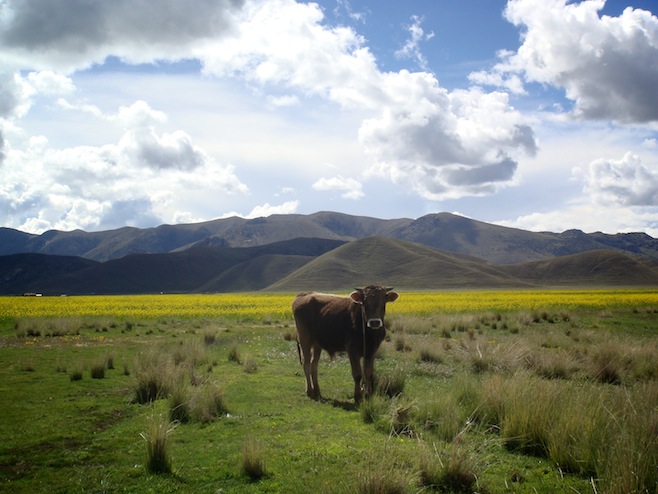
So, not finding any camping, we pulled into Puno to look for a hotel. At one corner I went straight through a right turn only lane. For some reason there were cops on every corner in the city and we were quickly whistled to the side of the road for the infraction. The first cop asked for our documents, looked them over and then demanded our seguro. This was the first cop who’d asked for insurance in Peru, and of course we had none, so we just played dumb. He acted like this was no problem though, and ran off to grab another cop. Crap, we thought, he’s getting somebody who speaks English.
The next cop walked up and immediately went into a long spiel in Spanish, speaking as quickly as he could. We tried to interrupt to tell him we didn’t understand what he was saying, but he just kept right on. It was clear he was just trying to be a dick so we let him continue on to the end. I told him then that I didn’t understand and he walked right over to the passenger side and grabbed the door handle for the back of the bus. Ali burst out of her seat and yelled at him, “NO!” He jumped back and asked, “No?” Ali told him he couldn’t see in the back of the bus and he stepped away. He then told us to turn the car off. Again we said no, and asked him if there was a “problema?” He then, for the first time, explained that we’d gone straight through a right turn only lane. We told him we were tourists and just wanted to go to our hotel. And suddenly, despite having seemed extremely angry the entire time, he handed us our documents and waved us on. It really seems to us that the cops just don’t like any sort of confrontation and will back down immediately if they get any from us.
For dinner I had grilled alpaca. It just seemed like the thing to do. And in fact it turned out to be the best cut of meat I’ve had in South America. Ali went with the unfortunately named pig sausage pizza.
march 2 2009 : moquegua, perú
Some days just don’t work out the way we plan. Today started out well enough; we drove along the shore of Lake Titicaca to the town of Yunguyo on the Bolivian border. We checked out of Peru in three minutes flat with a bunch of friendly customs and immigration officials who couldn’t have cared less. We then drove through the gate and fifty yards further to the Bolivian offices. This is where the day took a bad turn.
We walked into the empty immigration office and were warmly greeted by the official there. He took our passports and said, “Americans. Do you have a visa?” A visa? We never have a visa beforehand. He then pointed to a poster on the wall announcing that Americans are now to be charged $135 U.S. dollars to enter Bolivia. It’s free for everybody else. It turns out the Bolivian president elected in 2007 has a bit of a problem with us Americans. Mainly he doesn’t like us telling him that his people can’t grow coca.
Problem for us was that our guidebook was printed about the same time he was being elected and we didn’t know about this new fee. We didn’t have $270 on us, and this was a non-major border crossing with no banks in any of the nearby towns. But the truth was that even if we had the money on us we would have walked out. We had been looking forward to Bolivia, but if that was the attitude at the border then screw it. Besides, we hadn’t even found out what they were going to charge us for the vehicle permit.
Back out at the bus things got worse. We took a look down at our rear wheel and saw oil. After a week and a few hundred miles the seal failed again. This was obviously a huge disappointment.
We turned the bus around and arrived back at the Peruvian border fifteen minutes after leaving. We went into immigration and were told the cost would be 29 soles (about nine dollars) to stamp us back in. I’m pretty sure that was money in their pocket, but they knew they had us and there wasn’t much else we could do. After that we walked across the street to try and retrieve our vehicle permit. The officer there immediately asked us for our seguro. Man, things were going from bad to worse. Our vehicle permit was just sitting on the desk untouched, but we weren’t getting it back without some proof of insurance. We played dumb for a few minutes, but when he showed us a big stack of copies from other traveler’s insurance companies our act started to look pretty thin. After Ali walked outside the officer showed me our permit and let me know that he hadn’t stamped it out yet. He then said there might be a problem when the jeffe, the boss, showed up after lunch. And once all of that had been established he pulled a five dollar bill out of his pocket. Well I couldn’t argue with that. A five dollar bribe to get everybody to forget about the lack of insurance and get our permit back. The “tip” was paid and we were back on the road, this time headed for Chile.
The road from there headed straight to the mountains with pretty much nothing in between. We had to stop and buy gas from a lady with a store full of jerry jugs before heading further out. The road climbed quickly and we went from sunny skies to rain to snow in the space of an hour. It was fairly miserable, cold and wet. Then the most surreal thing happened; a pink flamingo flew right across the road in front of us. Looking over we could see a number of flocks of them in the shallow lakes at the top of this snow capped mountain.
Despite the terrible weather we could see that this was a beautiful road. We were well over two miles high and the landscape looked like desert, but with snow capped peaks jutting out of it all around us. It was like nothing we’d ever seen before. The unfortunate thing was the dogs. Up here in the middle of nowhere were hundreds of dogs. They waited like beggars, spaced out every hundred meters, sitting on the shoulder just staring at you as you drove past. People driving in Peru always throw their garbage right out their window and we got the feeling that these dogs spend their lives hoping for a bag of scraps to be thrown out next to them. It was heart wrenching watching their hopeful eyes follow ours as we rolled by. We stopped and fed who we could, but we don’t carry nearly enough dog food to help them all out. The ones we did help out were as sweet as could be. Leery, but friendly. We would feel better for a few minutes but then feel bad again as we drove away.
We wound our way through the mountains headed for the only town of any size on our map. Unfortunately the conditions had us crawling along. Soon it was apparent we weren’t going to make it by dark. The last fifty miles we covered in pitch darkness, with a dense fog, dropping from 16,000 feet down to 5,000. This was not exactly our best travel day ever. In the city we pulled up behind a taxi driver and asked him about hotels. We then followed him to the tourist hotel, with parking, and called it a day.
march 4 2009 : arica, chile, south america
We woke the next morning and immediately got to work on the bus. We drained the tranny oil and then ripped apart the gearbox to get at the leaky seal. With it off we still couldn’t see any reason for it to be failing. The seal was in perfect condition. I tapped at it a bit to make sure it was in straight, but aside from that I couldn’t see any reason to destroy it and replace it with one exactly like it. We cleaned everything up and put it back together again. I guess we’ll see how long it holds this time.
From there it was about a three hour drive through mountainous desert to the Chilean border. Border crossing seem to be everybody’s worst nightmare, but time and again we find them to be quite simple and the people manning them to be perfectly friendly and professional. This was no exception. It took about two hours, but was straight forward and simple from beginning to end.
Arica, Chile, was just down the road ten miles or so. Almost immediately we could feel the difference between the two countries. It was obvious that Chile was more prosperous. There were giant Home Depot style stores, grocery empires, and gas stations with stores that had actual food instead of just containing a couple of bags of dusty cookies and a bottle of Coke. We even spotted a discarded McDonald’s bag on the side of the road. In a city of just 100,000 that is unheard of.
We filled up, grabbed some snacks, and headed for the beach. We found what was supposed to be our campground for the night but were told they didn’t have camping. Despite all the signs they had leading down the road to the place, all of which said CAMPING. These were old signs apparently. No problem though, along the beach there seemed to be plenty of people camping wherever they liked. We pulled off the road and found a spot that seemed to be off on its own and set up camp.
We drank a couple beers, fed a couple of dogs, and went to bed. I slept like a baby all night long, but Ali was kept up by the street racers and the small parties that sprouted up all along the beach. The street racing was more proof that we were in a more prosperous country. Young kids with their own cars? Come on now. Nobody gave us a second look though and our dogs always let us know if anybody came around.
march 6 2009 : calama, chile
After our night on the beach in Arica we made our way further south to Pisagua. The drive there was through desert and for hours we didn’t see a single person. One or two cars passed by us over two hundred miles but there was nobody and nothing anywhere else. Pisagua sits on a tiny strip of land about two thousand feet below the desert cliffs hanging over it. It also sits on a gorgeous half-moon Pacific bay. The town itself holds maybe a hundred people, though again driving through we didn’t see anybody. It appeared to have once held some importance, back in the days of the nitrate boom, but now it is just a crumbling mass of somewhat grandiose buildings.
We drove through the town to the small beach sandwiched in between the rocks where we found the municipal campground. We knew right there and then that we were going to like Chile a lot. Where a town this size and this run down got the funds for a beach side campground complete with a nice shower block and even electricity, we’ll never know. But for two nights we enjoyed having the place all to ourselves, waking up each morning to the sound of sea lions barking just offshore.
Today was more desert. I absolutely love driving in the desert. The warm clean air just revives me. We drove for hours without saying a word, absorbing the desolate landscape. (I should mention quickly that the gear box seal seems to be working again.) Along the way we stopped for gas in a small town where we were besieged by locals fawning over the bus. Within seconds we had a dozen of them surrounding us, taking pictures, and generally doing everything but filling up the tank. Though once we did get somebody to fill us up he took his job so seriously that he even stood there rocking the bus with one hand trying to get every last drop he could into the tank. Ali was sitting inside thinking there was an earthquake.
One of the things we’ve noticed right off here in Chile is how unbelievably polite their drivers are. It’s unlike anything either of us can remember. Drivers come to a stop the second they see a pedestrian anywhere near a crosswalk. In fact the pedestrians take it for granted and walk right out without even looking. And driving through Arica the other day there was a train track with a stop sign in front of it. Drivers actually came to a complete stop before crossing. Then when a bus blocked both lanes to unload passengers not one of the ten cars backed up behind him honked their horn. I really don’t know what to make of all of this civilization and am having a hard time adjusting. Today when the lady in front of me stopped for some sort of construction sign I just about blew right around her before realizing that I should probably stop too.
Here in Calama we found a campground and then walked into town to eat. The choices were pretty slim so we ended up at a really busy hot dog restaurant of all things. Judging by the number of people there we figured it couldn’t be half bad. However everything we ordered came out fresh from the refrigerator cold. We are so tired of eating. It’s just never worth the hassle. It seems no matter what we order, or what restaurant we order it from, the food is just no good. Still starving we walked across the street to a gelateria where the lady behind the counter promptly tried to short change us. The instant she saw that we knew we were short, the missing 5000 pesos suddenly appeared from behind the counter.
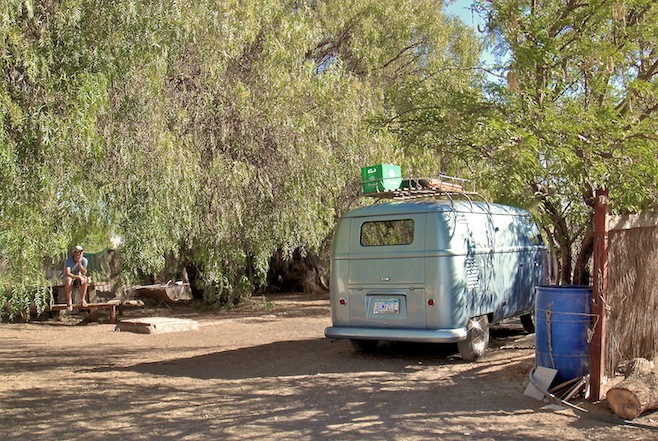
march 7 2009 : san pedro de atacama, chile
A quick desert drive took us to San Pedro de Atacama today. Nestled out in the heart of the world’s driest desert, one in which certain areas have never in recorded history received precipitation, is this adobe mud community catering to tourists. It seems out of place at first, but after wandering around the streets for a bit and seeing the number of tourists signing themselves up for tours out into the desert dunes you start to get a feeling of why they are all here.
Actually it’s an attractive little town, with long straight streets lined with brown adobe buildings hiding all sorts of good stuff. We finally found the famed empanadas which I have been craving for so long, which means I can stop complaining about the crappy food since as long as I can find an empanada I am good for the day. We ducked into a few touristy artisan shops, but of course bought nothing there and instead settled in at the drinking den where about forty heavily sauced Chileans were watching some soccer match which seemed about as exciting to me as any other soccer match being played in the world, but one that when the power to the bar went out the entire population emptied to find somebody with a generator so as not to miss a single “exciting” soccer moment.
march 8 2009 : atacama desert, chile
We woke this morning to a tire sitting on the rim, the buses seventh flat tire. I found the metal sliver, made a shoddy patch job, and then decided on the spare tire instead. Ali and I got to talking about all the flats and realized that before we began traveling we’d each only had one flat tire in our lives. Neither of which we changed ourselves. That fact simply embarrasses me now. Yet since we started out traveling we’ve had close to a dozen. Rental cars, our New Zealand car, and now the bus. Flats just seem to be an everyday way of life everywhere else.
With the tire taken care of we set out for the Atacama Desert. Our map covers South America from top to bottom in just a few folds, so needless to say it isn’t all that detailed. For the desert it seemed to show some sort of road that crossed straight across the Salar de Atacama, a huge salt lake smack dab in the middle of snow-capped volcanoes and dusty brown and red mountains.
Following a sign out onto the lake that pointed us towards a lagoon we dead ended at a lake, about four inches deep all the way across, filled with pink flamingos. Actually the flamingos looked mostly white until they lifted up and flew; then their underfeathers (that is probably not a word) flashed a brilliant dark pink.
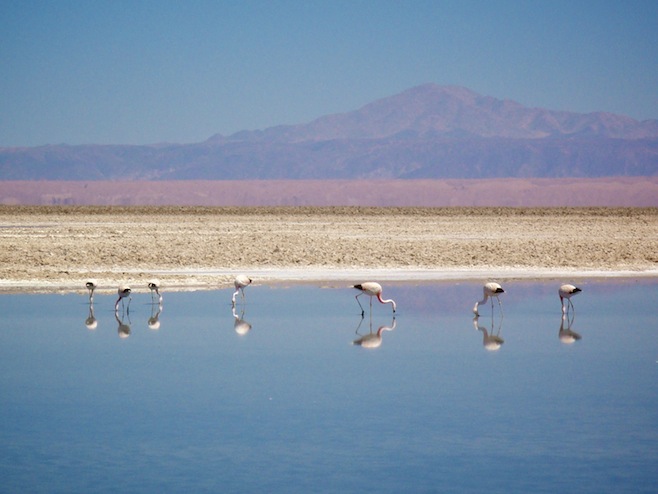
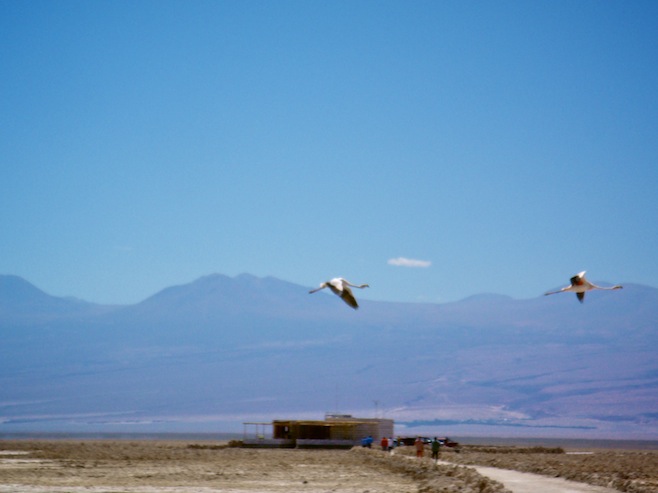
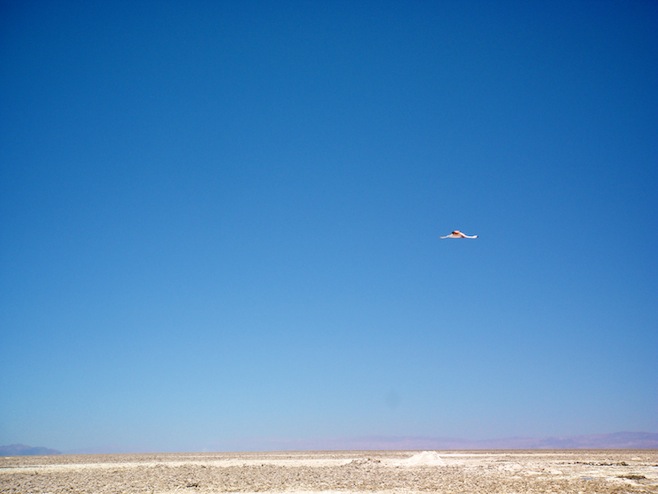
From there we left any sort of civilization behind. For the next six hours or so we didn’t see another passenger car, but did pass quite a few semis heading out to the salt mines to pick up their loads. We drove for a while along one road across the lake quite sure we were headed the right direction. Fortunately we got thirsty and stopped for a beer, killing about a half an hour, and while we sat there a truck came along and told us that the road we were on was a dead end at the salt mine. We had to backtrack and loop around to another dusty trail crossing the desert.
We finally did find the right road and spent a couple of hours making the straight shot across the salt flat. This wasn’t the kind of salt flat we’d hoped for though, this one was more like sharp lava than the nice flat kind of lake that people race motorcycles across at two hundred miles an hour. Once on the other side of the lake bed we climbed straight up into the desert mountains and for hours didn’t see a thing besides smooth rust colored hills. There wasn’t an animal, an insect, or even a whiff of a plant of any sort. Eventually we spotted a firm looking dirt track leading off the road into the hills and pulled off to spend the night alone in the middle of nowhere.
march 9 2009 : outside of taltal, chile
More desert. It just seems to go on and on. The Atacama along the Pan-American really isn’t nearly as pretty as we had expected either. It just seems to be a long stretch of abandoned garbage dump. People really seem to have an aversion to having garbage inside their cars, and would much rather it be on the side of the road. But hey, that’s a common affliction of nearly every country and really hardly merits a mention.
We just sort of cruised along today not really sure where we were ultimately headed to. The highlight of the day in fact was when we stopped for gas and found a do-it-yourself power spray car wash there. For the first time since the States we were able to give the bus a proper cleaning, undercarriage and all. Ali, ever the clean freak, was positively beaming.
Later on we took off down a side road to some small town along the beach that had a giant sign proclaiming that they had camping available. Once in town we circled around a couple of times and then asked a cop who shook his head no, but did say we could stay on the beach. The beach was overlooked by dozens of fishermen casting off the pier and we felt like we would be the night’s entertainment if we set ourselves up underneath them, so instead we backtracked out of town and back up into the hills where it was easy enough to find ourselves a beautiful spot backdropped by red mountains and every shade of blue sky.
march 11 2009 : termas de socos, chile
After another desert driving day we spent a night along the beach in the small town of Bahía Inglesa. This was a Chilean holiday town with a surprisingly Caribbean looking beach. The sand looked like a bag of flour dumped out which in turn brightened up the water to Bahamian shades of blue. It seemed out of place, but the locals didn’t think so, and didn’t mind at all that the water temperature was hovering about two degrees above freezing. These people are made of hardier stuff than we are. Even the breeze blowing off of the cold water sent chills through our bones. Ali was getting looks from the local girls and it seemed to be because she was wearing jeans while they strolled along in bikinis.
After saying goodbye and then being chased for a mile down the road by our latest pack of friendly mutts, we continued our southward trek. Chile just seems to go on and on and there are quite a few things we’d like to see further south so we’ve picked up the pace a bit. Today’s desert mountain driving just felt a bit repetitious. Ali didn’t take any pictures, complaining that, “We’ve already got all of these same pictures.” Then she wondered aloud where everybody was. For days now we just haven’t seen anybody or anything.
It’s amazing the contrast between Peru and Chile. In Peru we would be way up in the mountains, sure that we were alone, and turn around to find half a dozen people standing thirty feet away. Every time. Ali flat out refused to “tinkle” in the outdoors there for fear of being watched. While here in Chile you could strip naked and walk down the middle of the Panamericana for an hour and nobody would be there to see you. And we have yet to see a cow in Chile. Now that just seems weird. We’ve become accustomed to swerving around them at least three times a day and now nothing. Anyway, we’ve enjoyed the solitary desert lifestyle for a few days but are now ready to hit the green mountains and the lakes.
One of the things that has struck us throughout Latin America as extremely weird is their penchant for opening dozens of the same businesses one right next to the other. For example, today along the road there was a twenty mile stretch where every fifty yards stood a sign proclaiming “QUESO y PAPAYA.” That’s cheese and, well, papaya. Hundreds of locals sitting there selling the exact same product as the next person. Frankly I’m not sure where they got either of these things out here, with no cows and no trees, but that’s beside the point.
The thing is this is what they do with every business and every product. In the cities there will be a three block section with one store after another selling fluorescent lights. Then two blocks of stores with paper and staplers. Then two more with Volkswagen parts. Right out to the edge of town where the fruit sellers pick things up again. It just doesn’t seem like a great business model to me. But what do I know? I suppose they somehow produced cheese and papaya near their homes in this particular valley and couldn’t afford to do anything else with them but trudge up the hill to the side of the highway to try their luck. Man, what a life day after day.
I decided today that I actually prefer countries where the drivers don’t pay any attention to the laws. The reason is because here, instead of just passing by us blindly and recklessly, they sit two feet off our bumper staring at an empty road with a solid white line down the middle. Nope, can’t pass, so I’ll just sit on this guys butt until I can. Give me a Colombian over a Chilean any day of the week.
Tonight we’re camped up in the hills at a hot springs campground. We’re the only people here. Apparently all these huge campgrounds are packed in January and February but completely empty the rest of the year. We really don’t get these hot springs places at all. This one has bathrooms that you rent by the half hour to fill a tub up and soak. Maybe we’re just germaphobes, but we’d have to bring along our own disinfectant to be climbing into any public tub. Who does that, and why? We’ll never get the appeal. But we do like the camping, and I suppose there are plenty of people who would say, “Who does that, and why?”
march 14 2009 : saltos del laja, chile
We arrived in Valparaiso the next day with one goal in mind, to obtain a Brazilian visa. Why Brazil? Well because just a few days earlier we got final confirmation that the next leg of our trip was a go. We are heading to Europe in just a few weeks time. From Buenos Aires we are going to load the bus, and ourselves, on a cargo ship bound for Hamburg, Germany. We’re pretty stoked about heading to sea again. This should be a fun and totally different experience than any other time we’ve been on the water.
The ship only carries ten passengers and has no amenities, but does offer us three meals a day to be eaten with the crew. So for roughly twenty-four days we’ll be back out in the Atlantic, stopping off in Brazil a couple of times, Africa, Spain, the UK, and eventually Germany. We’re looking forward to it. And best of all was the price. The car cost only about half what it cost to ship from Panama to Colombia, and our cabin cost just a couple of hundred bucks more than our flight would have. So for a month we get to sit back, eat, tan, read, and sleep on the high seas. Cost for this high sea adventure: bus $932.35, cruise for two including meals with the captain $3,496.31.
The Brazilian visa is needed even though I don’t think we’ll be disembarking there. Valparaiso had an embassy so we drove into the port city and went straight there, only to find out that they only work about three hours a day. We’d have to come back the next day.
Valparaiso is a funky city that climbs up steep hills right from the commercial port on the water. There was no camping, so for the first time in Chile we had to track down a hotel. Driving the bus around the city wasn’t going to work at all, so we drove five minutes down the road to Viña del Mar, a cool little city located on flat ground. We found a hotel, dropped off laundry, walked the streets and eventually ended up at a funky pub that could have easily been dropped in the middle of Portland, Oregon and not been out of place one bit. Suddenly being in a place so much like home was a bit weird at first, but we quickly got used to the sight of laptops and cell phones. This place really showed just how much better off (financially speaking) the people of Chile are than what we’ve been seeing these past few months.
The next morning we felt our first earthquake. In bed I could feel a light rumbling as if somebody were moving a large piece of furniture in the room next door. This went on for about twenty seconds before the real shaking. It’s hard to describe the feeling; it’s sort of as if the whole world is moving but you are remaining stationary. The bigger jolt only lasted about five seconds and that was it for the day. I was kind of hoping for more. Ali was not.
We took the Metro back into Valparaiso and went straight to the embassy. Inside we found a pleasant lady reading the newspaper on her spotless desk. This hinted to us straight away that she had very little work to do. We told her what we needed and she quickly informed us that she couldn’t do it, that we’d have to go to Santiago, and that the visa would take a week. Crap. We might have to actually start doing a little research before showing up in countries unannounced. A week in Santiago wasn’t going to work at all, so we decided to bag the visa until we get to Buenos Aires. We’ll just have to show up there a bit earlier than we had anticipated.
We enjoyed the afternoon wandering the streets of Valparaiso, and even had a halfway decent non-empanada meal. The city is filled with brightly painted corrugated iron facades and pitched roofs buildings and homes. It’s very scenic and even has a bunch of ascensores, cable car elevators, from the 1800s still there to carry you up and down the hills for just pennies. While we were sitting in one of the parks later on we looked around and both thought that it was an easy place to forget what decade it was. The buildings seemed to be late 1800s, the older gentlemen on the park benches dressed like it was the 30s, and the buses which were converted to electric were straight out of the 60s. We both liked the faded grandeur and wholesomeness of the entire scene. Back in Viña we made a bee line for our pub, imbibed on way too much Kunstmann beer, and met a nice Texan. This town would be an easy place to slip into an expat routine.
Today we decided to bust out some miles, and did just that on the long straight trip down the Panamericana. About the only thing of note was the insane amount of tolls. Because of Mexico I was under the impression that in order for a country to charge you an arm and a leg on a toll road they also had to offer you an alternative route. Not here. There is really only one road running north to south and this is it. Pay or stay home seems to be the motto. We paid twenty-three bucks just today! By late afternoon we found ourselves in a nice campground along a river watching crazy locals splash and swim in the water while we sat huddled up with our sweatshirt hoods pulled over our heads.
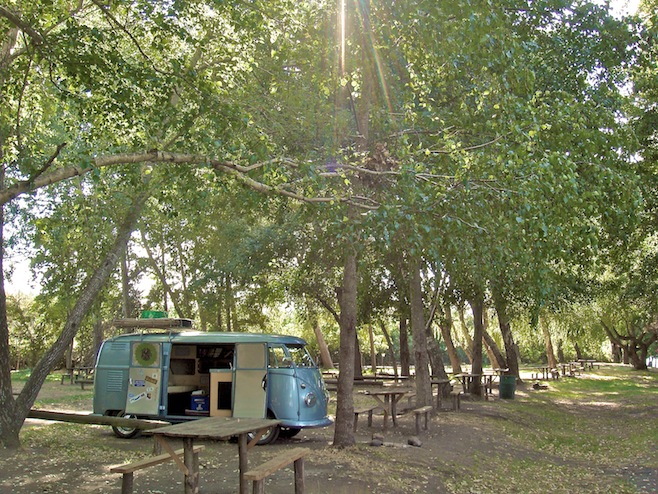
march 16 2009 : entre lagos, chile
The past two days we’ve been driving through what is known as the Lakes District. We had somehow expected something more grand. I guess we thought we’d be in the mountains. But the Lakes District could really be the Northern Minnesota district. Flat fields with cows lazing about, small towns with shops selling bait and tackle, family station wagons packed to the gills for the weekend at the cabin, pine trees, willows, leaves changing colors, it felt like we were home. About the only thing that seemed out of place were the volcanoes that jutted up out of nowhere. No obvious mountain range, just perfect conical volcanoes looming over the dairy cow’s head.
We spent a day in Pucón, which is the big tourist town of the area. Standing in the middle of the Aspen-style downtown we looked left to a lake with a black sand beach and more of those crazy locals, and right to a smoke-billowing snow-peaked volcano. It’s a nice setting and was a good place to spend an afternoon eating and window shopping.
Today we weaved our way around the various lakes and small towns. An easy drive that ended up in Entre Lagos, another tiny town that reportedly comes alive in January and February but becomes a shuttered ghost town the rest of the year. Every local with lakefront property has built a few tiny cabañas and flattened a small patch of grass for campers. We chose one empty place and parked the bus at the water’s edge for the night.
Here is our video recap of Peru. We really enjoyed our time there, as evidenced by the length of the video.
march 18 2009 : castro, chiloé island, chile
We arrived on Chiloé Island after a short ferry ride across from the mainland in which we were fortunate to be the first on the ship, leaving us with a perfect view right out our windshield at the dolphins and sea lions that fished in our wake.
Our first night, in Ancud, we spent working on the bus. It has developed an incredibly annoying squeak on the front drivers side that I can’t seem to track down. It sounds just like rubbing two pieces of styrofoam together and makes it over every bump or ripple in the road surface. It actually hasn’t just developed, we first heard this about thirty thousand miles ago, but it disappeared for weeks at a time, then popped up for a day or two before going silent again for a few more weeks. This time however it isn’t going away. Anyway, I poked around a bit underneath the bus but couldn’t find one thing that seemed worth adjusting so we left it and went out for Mexican. You have to love it when expats settle down in these small towns and serve up delicious food from closer to home.
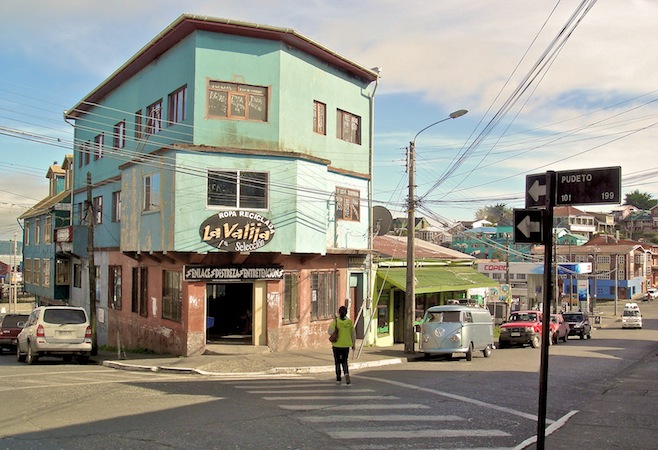
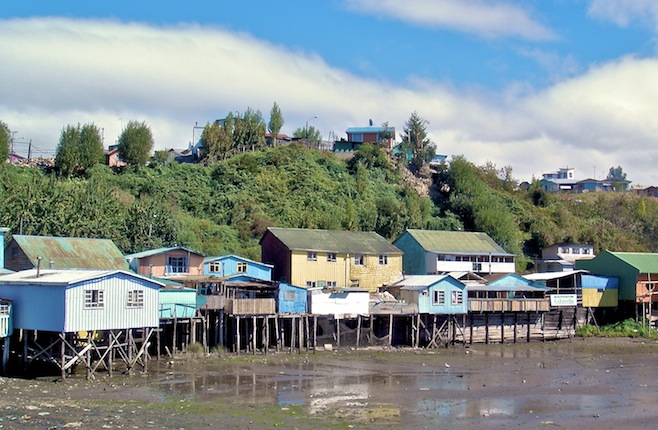
This morning we checked out the museum and walked around town a bit more before heading farther into the island. We went to Castro which along the water is a really cool fishing port with homes built on stilts out over the twenty foot tidal range. After poking around there we continued to Quellón, the southernmost point and end of the road for the Pan-American Highway. It was there that I hoped to catch a ferry back across to the mainland and the Carretera Austral, a highway through improbable Andean terrain that continues south until it just can’t go on any more where we would hop across to Argentina. Unfortunately the ferry only runs January and February. If you come to southern Chile outside of their two month summer you are pretty much out of luck as far as services go. Actually they were still running one ferry a week, Friday night at midnight for the four hour crossing. Ideal.
So this means we’ll have to backtrack a couple hundred miles, cross into Argentina for a day or two, then back across to The Carretera Austral until it runs out, then back to Argentina, then back to Chile to visit Torres del Paine, and then back to Argentina again to hit the end of the world at Ushuaia. It all gets a bit confusing and jumbled down here in Patagonia.
While down in Quellón we stopped in at a nice looking restaurant where Ali, for the third time this week, attempted the tacos. Her previous two orders had been so good that she decided to tempt fate. I warned her against it, but she wouldn’t listen, her Mexican craving overcame all common sense. I was proven correct when her tacos came out with French crepes (pancakes) for shells. You just have to laugh sometimes. The highlight of any meal lately hasn’t been the food, but the drink. Chile has the finest beers of any of the countries we’ve passed through in Latin America. It appears to have something to do with all the Germans that settled down here at some point in the past. Our favorite beer in a very long while is the Kunstmann. Every country should have at least one beer this good.
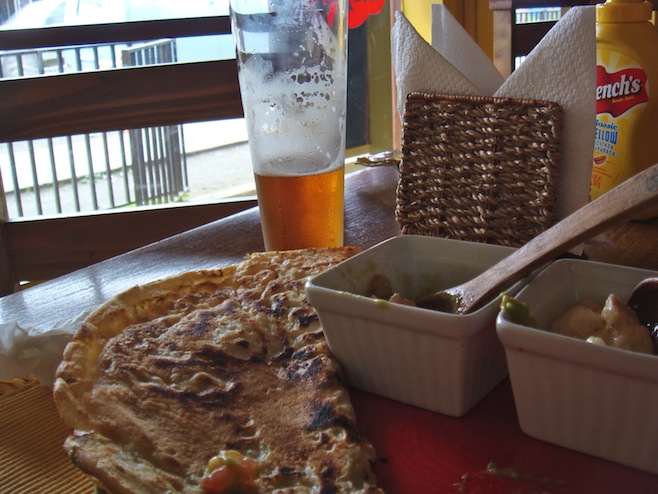
Our campgrounds have been a little less than stellar lately too. It seems that on February 28th they lock the doors and don’t open them again until January 1st the next year. They don’t clean before locking up or anything, just close the door and forget it. They always open back up when we show up at their doors though, and for that we’re grateful, even if they do think we’re crazy for camping in the cold weather.
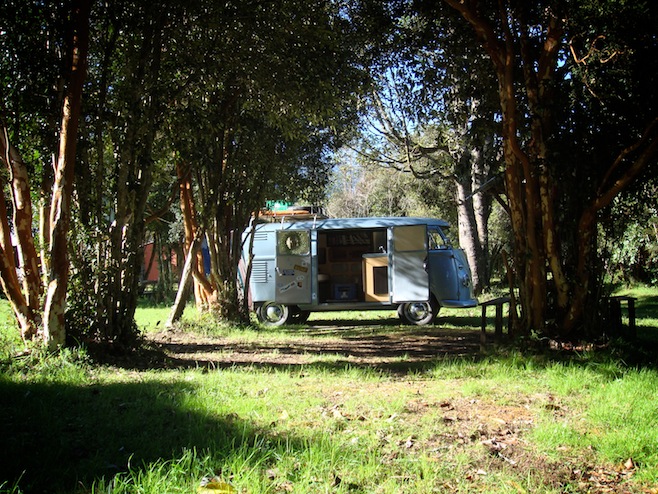
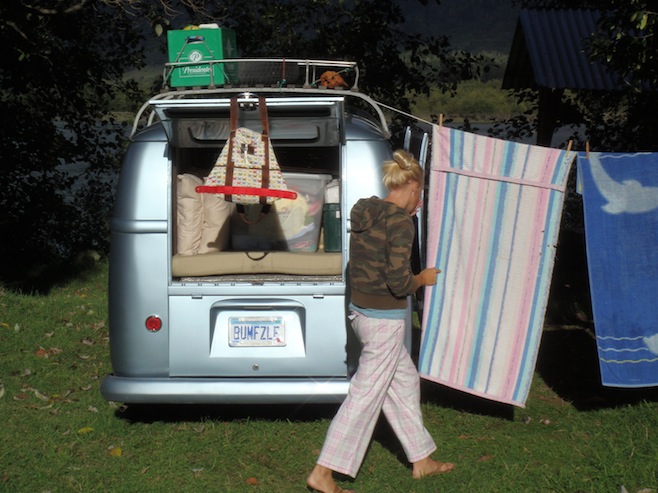
march 21 2009 : lago tagua tagua, chile
We’re not really sure what happened the last couple of days. We drove hundreds of miles back the way we had come from, then, looking at our map we turned off and headed for what we thought was the border. We spent a quiet night along a river and then headed out yesterday along a rough dirt road that we were reasonably sure would get us to Argentina. I became certain of it when I spotted a sign giving us the distance to a town on the other side.
After about three hours the road came to an abrupt end at the edge of a lake. But chugging along out on the water was a small ferry. Our Lonely Planet had randomly mentioned a ferry, so we still assumed we were on the right track. It took two hours for the ferry to actually take us across the lake to the continuation of the road. As we were driving off the ferry worker gave us our first hint that this road wasn’t taking us out of the country when he said, “once media y quatro hora,” or something like that, giving us the times of the ferry for the next day.
The next clue was when there wasn’t a single sign telling us where we were going or how far it was to the border. We drove along the dirt road for two hours, the whole time too embarrassed to stop and ask anybody where we were since behind us was nothing but a single track to a ferry and ahead of us was the same single track to somewhere. I was pretty certain the locals we passed had never in their lives had anybody ask them where the road was going.
We wound our way along the road enjoying the scenery but with a bad feeling the whole time. When we finally came around a corner to find the road abruptly gone it wasn’t a huge surprise. A wooden fence with a walking path behind it was all that was left. I turned on the GPS, which doesn’t have any maps on it but does show the international borders, and could see that we were exactly five miles from Argentina.
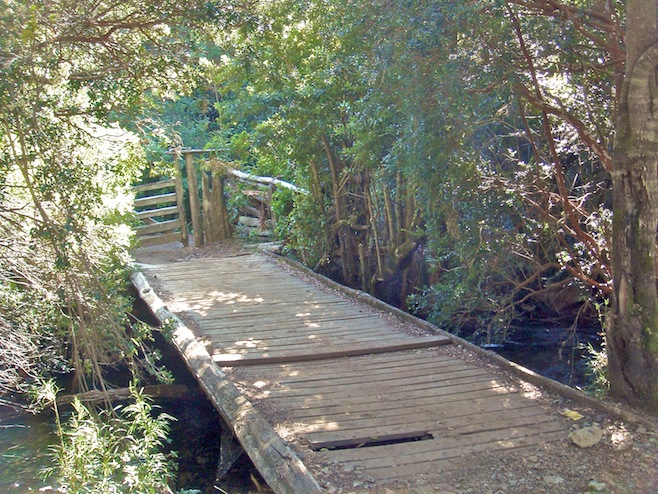
There was nothing to be done but to turn around. Going back the other way we finally decided to ask a couple of people about the frontera, to which they all looked at us a little strangely before answering that there was no road to the border. One guy finally clued us in that from the end of the road there was a one hour walking path to an official border post, but no road. We showed him our map, which did show a white line crossing the border, and all he said was, “This is a very small map.”
Eventually we pulled off at a camping sign, followed a path through a forest and got spit out on a wide sandy beach along a lake surrounded by mountains. There was nobody in sight. We hadn’t had a thing to eat and only had a twelve-pack of beer, a bag of chips, and a packet of cookies to do us for dinner, but with the sun shining on our bare feet in the middle of nowhere it would be hard to complain about it. We had a roaring fire and went to bed with a trillion stars above us. And as of this morning we still haven’t seen or heard another person.
march 22 2009 : bariloche, argentina, south america (287 nights in the bus : 47,344 miles)
Well backtracking yesterday sure seemed to take longer than it should have. We showed up for the ferry right on time, but despite only having two thirty minute runs per day they managed to be ninety minutes late for the first one. The ferry seemed more like a community boat and gathering spot, so nobody else seemed the least bit surprised. This meant that by the time we hit paved roads again it was already four o’clock and we were absolutely starving. We planned to throw budget to the wind and go crazy at a touristy lakeside Mexican restaurant in Puerto Varas, but joked along the way that it would be closed for the weekend. We shouldn’t have joked, they were closed. Ali was heart-broken.
We finally did eat, but then ended up staying too long and having to drive in the dark to our campground for the night. We pulled into Entre Lagos where we had stayed just a few days earlier only to have the sweet lady running the place inform us that there was no hot water. We’d been on the road in the backwoods for a couple of days and, just like the Mexican food, had been daydreaming about that hot shower. Oh well, she knocked off a couple of dollars and we went to bed.
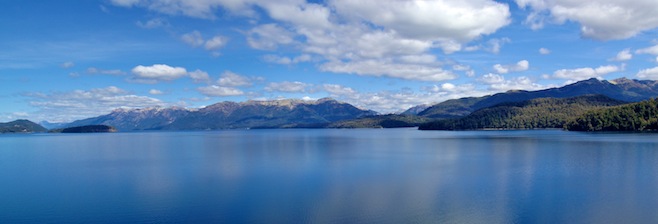
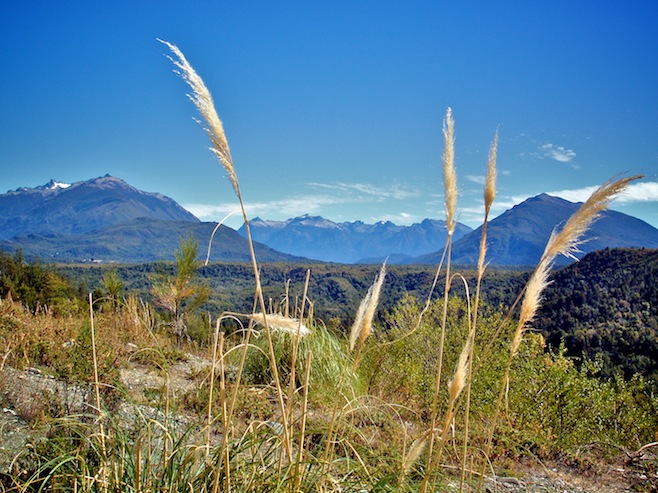
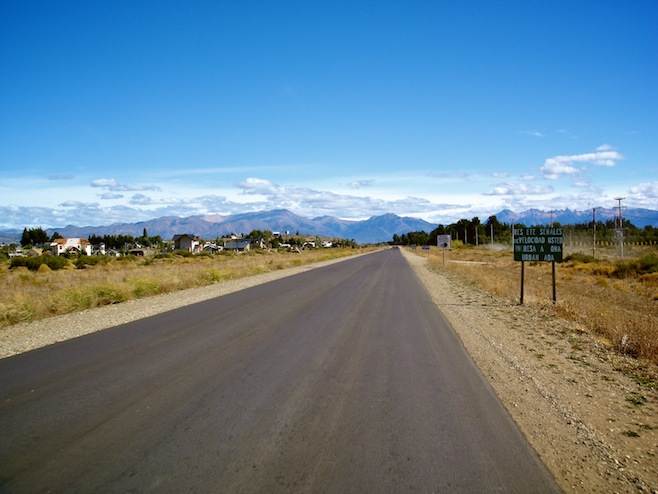
So today was to be our border run at last. Turns out that midnight ferry we passed up a couple of days ago would have saved us about eight hundred miles and more nights than we had expected. Even at two hundred bucks I think we may have made the wrong choice on that one.
The Chilean border was smooth sailing. Stamp, stamp, have a nice day. Then it was twenty miles of beautiful winding mountain roads to the Argentine side. We walked in the door in high spirits, marched right up to the police desk, and were met by our most dreaded word, “Insurance?” in English no less. Vehicle permit and insurance. It’s awfully tough to play stupid when the guy is speaking your language and there really was no way out of this one. We produced an old expired insurance card from back in the States, but he wasn’t buying it. We clearly had no international insurance. He filled out a big long form that basically stated we were not allowed into the country until we had insurance.
Meanwhile we were asking him how we could buy insurance and he kept telling us we had to return to Chilean Customs to buy it. This made absolutely no sense to us. We have to go back to Chile in order to purchase insurance that is good for Argentina? Yes, that is the way it is. I asked if when he needed car insurance he needed to go to Chile to get it and he nodded yes. Though I think something was lost in the translation of my sarcastic comment.
Reluctantly, but without any options, we got back in the bus and returned the forty minutes to Chile. There we parked and snuck around to the exiting side of the building without being noticed. Our main concern here was having Chile find out we didn’t have insurance and not letting us back into their country either. If that happened we’d end up living out our lives in the Parque Nacional Puyehue between the two countries parked in the bus down by the river eating berries. We could see it as clear as day; our criminal ways finally catching up to us.
So once inside the building we looked around slowly and Ali said, “Let’s ask this guy, he isn’t anybody important,” talking about the guy working the money exchange booth. We walked up and asked him where we could get insurance for Argentina, not expecting at all that he would have a clue what we were talking about. To our surprise he turned around and called to a girl sitting on the incoming side of the booth. She walked over and I immediately recognized her as the same girl that had sold us empanadas at the little store next door just an hour earlier. We repeated what we needed and she looked around kind of furtively before motioning for us to follow her.
As we walked out of the building we were practically run over by a guy we’d met way back in Ecuador who is driving around in his old VW beetle. He was happy to run into us as he was traveling sans insurance also. All together we walked to a little house where the girl produced the paper we needed along with a price list. We purchased ten days worth for about forty bucks, she scrawled our information in second-grade education print, and suddenly we were insured for up to USD $200,000 in Argentina. It all made perfect sense to us. If we get in a fender bender I can’t wait to make a phone call to the money change booth to make our claim.
We ended up in Bariloche for the night where we found a laundry in town and a campground with hot showers just down the road. We made our way to a restaurant in our guidebook that was supposed to have football sized chunks of meat for ten bucks, but found it closed until the typical dinner time of eight to midnight. We soon realized everybody had the same hours. Nothing was open. Eventually we spotted an Irish pub and decided it would do. Argentina is renowned for cheap food, so the twenty dollar pot pies and eight dollar a pint draft beers were a shock. We ordered two of the three dollar happy hour special bottles of Heineken and gobbled down as many free peanuts as we could before high-tailing it out of there. It looks like my giant Argentine steak is going to have to wait for a much less touristy town.
march 24 2009 : villa santa lucia, chile, south america
The Lakes District of Argentina was pretty gorgeous, but has long since been overtaken by the well-heeled tourist and didn’t leave a whole lot of options for bus folk like us, so we continued down the road. A few towns down we stopped in for lunner and secured our first gigantic belly-stuffing meal in weeks, if not months. A whole menu of grilled meats and sausages to chose from satisfied all my longings and now, after way too many gripes, I can finally stop talking about food again. Honestly we have both been obsessing over it lately while watching our jeans slip right down off of our butts. While I was happy gorging on cheap wheels of sausage Ali did make me promise that next time we would at least order some sort of vegetable. She can be such a wimp.
Along the road we were waved over for our first Argentine police checkpoint and were surprised to find the young lady recruit all gung-ho about giving us a good searching. We had only entered her country twenty-four hours earlier and at that time the officer had climbed in the back and bounced on our couch while saying how beautiful it was. That was the extent of the search coming into the country, but once inside things apparently become much more rigorous. Well, rigorous in the Mexican Police sort of way, which is to say she squeezed our pillows, ran her fingers gently across everything we own, and peaked at my stash of tools behind the front seat. The ten kilos we have secured in our beer case on the roof rack remains safe from seizure, while the five that Ali keeps in her purse at all times for personal consumption continues to go unnoticed as well.
The bus has been acting up a bit lately. The gearbox seal has been tamed and hasn’t leaked since our last adjustment, but the tranny itself has become a bit stickier than usual. Nothing major, but it doesn’t have its old smooth motion to it any more. I fear my little oil depletion escapade may have done a bit of damage to that as well. Of course tranny rebuilds are not on my roadside repair list, so I’ll just continue to keep an eye on the fluid level for now. This is necessary because the tranny fluid is leaking a bit out of the axle boot on the drivers side. From my limited knowledge this is fairly normal and shouldn’t require much more than a new rubber boot, but that will have to remain as is for now.
Then there is the non-functioning left turn signal that I have just been a bit lackadaisical about tracking down the source of. Nobody really worries too much about turn signals down here so I generally just give a good wave of the arm pointing to the left when we’re ready to turn. If it’s really busy, or a fast road, I’ll pull off to the right and wait for a clearing. Problem solved. The speedometer cable is now functioning solely because of a vice grips applied at just the right angle under the dashboard. Then of course there is that squeak that I just mentioned recently, but which has since disappeared again. The bus, after 50,000 miles, is looking for a little TLC, but probably isn’t going to catch a break from us until we hit European shores.
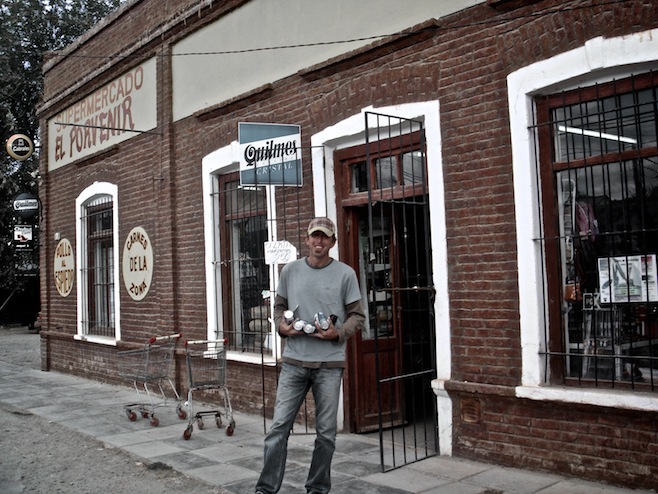
Today we crossed right back into Chile. This is something that is going to become quite a regular occurrence down in this part of the world where roads just sort of peter out, oceans create islands, and borders zigzag from one side of the continent to the other. The process isn’t all that complicated fortunately and within half an hour we thought we were on our way.
But then the Agricultural inspector decided to have a look around. We’d just signed forms and checked NO to all the questions without really reading them, but apparently that wasn’t quite good enough. She quickly discovered the bag of dog food that we’d purchased in her country just a few days earlier. Then we had to explain to everybody what we were doing with dog food. Where was our dog? Once we got past that she found a banana. After that she was on a mission, digging through every cabinet, climbing up on tables to look at our roof rack, and yes, even digging through Ali’s purse. Yes, it’s a good thing our life as drug mules was purely fictional. Before we could leave I had to fill out a new form, this time checking YES to question number three.
From the border it was good gravel roads through mountainous country running alongside the ridiculously turquoise blue Futaleufú river. Unfortunately the weather turned crappy on us about this time, clouds rolled in, and a lovely fine mist created a mud streaked windshield for us. At the first opportunity we pulled off the road behind a thick row of trees right along the rivers edge and called it quits for the day. Then, just like we did through most of our Alaskan adventure, we sat in the porch (front seat) and drank cold ones while watching the rivers edge for grizzly bears. No bears, but two dogs did run up and wonder why we didn’t give them any dog food.
march 26 2009 : puerto murta, chile
We’ve been rambling down the Carretera Austral the past couple of days. This is a highway that until the 90s didn’t even exist. Then the dictator General Pinochet decided he wanted all of Chile to be united and set the country to work. We spent most of our time yesterday in rain forest on a pretty horrendous section of the highway trundling along at fifteen miles an hour and stopping for a couple of hours worth of road construction. The construction was pretty amazing, watching them blast a path right through solid rock along the edge of a river, but we were happy when it gave way to a section of actual complete road. After a total day of just over a hundred miles we had no problem convincing ourselves to pull off the road and camp alongside a lake with nothing but mountains and glaciers all around.
Today was more of the same, though we did eventually leave the forest behind. And when we did the mountains suddenly grew taller and the views much more grand. Of course our paved road didn’t last long and by the end of the day we were once again rattling our bolts loose and looking for a spot to pull off for the night. We found another quiet secluded spot, this time alongside a river, with more of those mountains and glaciers as our view.
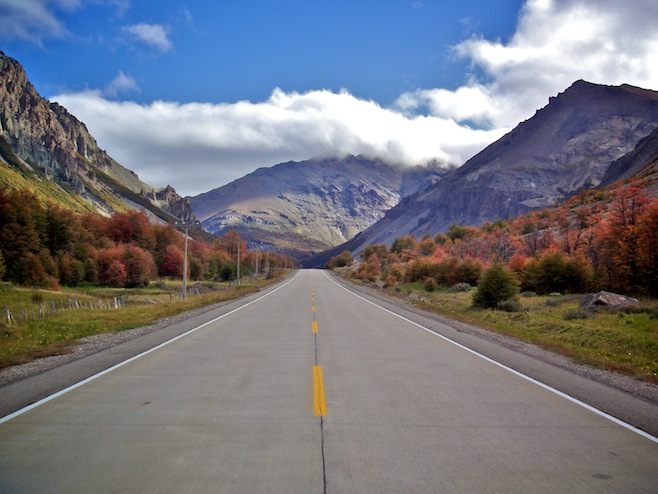
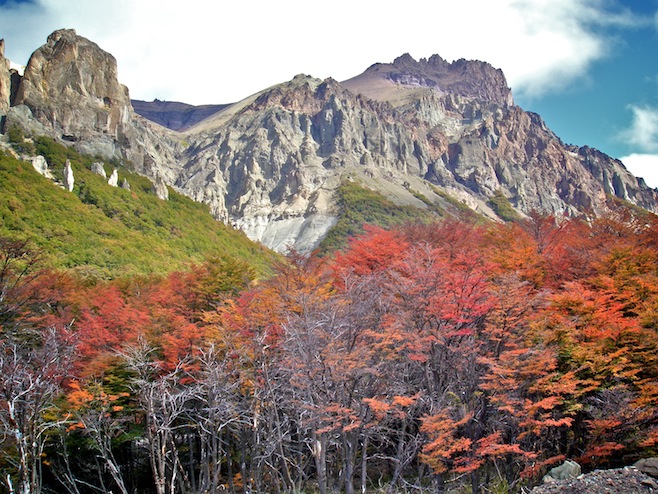
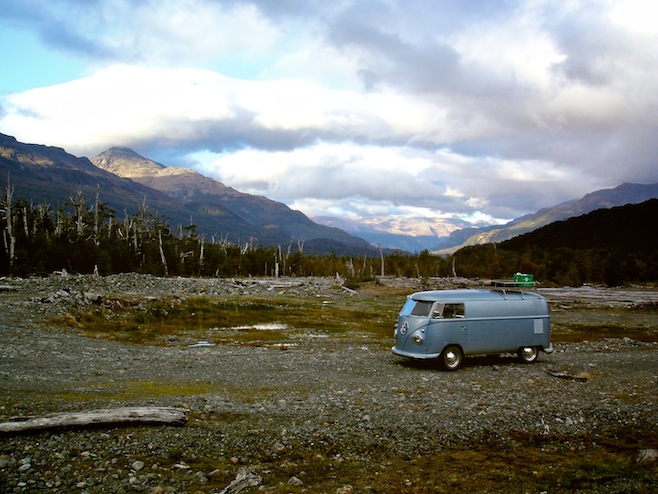
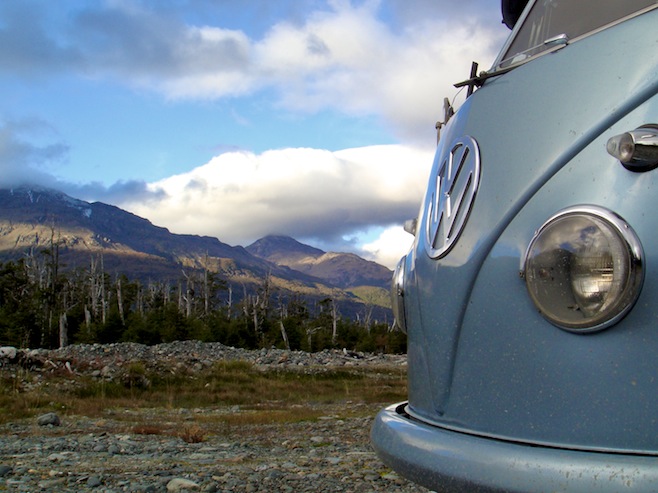
march 27 2009 : chile chico, chile
A big red jeep passed us today. It was lifted with giant tires, had about fifty gallons of fuel strapped to the roof, a heavy duty winch on the front bumper, and every inch of the interior seemed to be crammed full. Covering the outside were sponsor logos and website address stickers. I sort of laughed to myself when I drove past and saw the look on his face as he stared at us. He had to be wondering what we were doing on the same road as him driving what we were. It got me to thinking about how over prepared some people feel they need to be in order to do this sort of trip. But then I also thought about just what we were going to do if I accidentally slid us through one of these tight corners and we ended up in the ditch, or if our alternator suddenly packed it up out here. I guess I thought it would just be part of the adventure, three hundred miles from the nearest town of any size, out in the bush with nothing but ten gallons of water, a couple of beers, and a day old empanada. I could just picture us being towed out of the ditch by one of these farmers with a team of oxen on the other end of the tow strap. But I did realize that there are advantages to each of our traveling methods, if it can be called a method, and neither one is necessarily right.
Then today we were driving along in heavy rain, which was a bummer because we could both see that this section of road would have easily ranked in our top three if we had just been able to see anything. It ran right alongside South America’s second largest lake, the milky glacier blue of Lago General Carrera, on a precipitous gravel track that just sort of teetered over the edge most of the time.
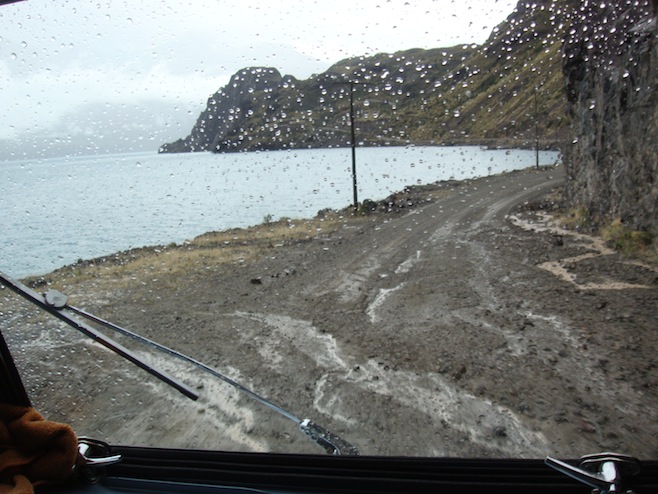
The road had been extremely rough in places, especially the washboards, and when we came up on a slow moving truck at a flat spot on the road I decided it was a good time to take a quick break. We pulled over and I got out to stretch. Ali stayed in the bus because it was still pouring out, but did tell me to make sure I had a look at the tires. Between the flats and the leaky seals it’s become a custom to have a cursory look at our tires whenever we get out.
Anyway, everything looked fine, but despite the muddy ground I for some reason felt compelled to get down on my knee and have a look underneath the bus as well. As I scanned the bottom I noticed something bad. There are four large bolts holding the swing arm to the gear box. One bolt was gone, two were just about out, and the fourth was just finger tight. If these other two had come out I’m sure the entire rear wheel assembly would have collapsed. Not a good thing considering the road we were winding around on. The weird thing is that I even looked at these to begin with. I don’t think I’ve ever taken any notice of them before.
We reached Chile Chico in the late afternoon and came to the joint conclusion that because of the unceasing rain what we really needed was a night in a hotel with unlimited hot water. The town was about six blocks long by two wide but we still couldn’t find a hotel. Fearing that there might not be any we actually went in to one of those tourist information buildings to inquire. I wouldn’t have believed that the place would actually be manned, but the ladies inside pointed us in the right direction and we are now bedded down with a wood fired stove going strong right outside our door. I had figured that March was sort of a shoulder season, but it’s cold down here in Patagonia. They seem to have gone directly from summer to winter.
march 28 2009 : patagonian steppe, argentina, south america
This morning we crossed the border for the third time, which leaves us two to go. These two countries are going to single handedly fill every available inch of space in our passports. Which, currently, we have already had to have sent in twice for additional pages. The crossing today was the easiest yet though, and we drove off without even having to submit to a search.
The sky was blue, the mountains and lake were to our left, and the road, paved, stretched out in front of us forever. It was all pretty well perfect. I commented to Ali how I was looking forward to a nice easy day of driving. About that time the smooth tarmac came to an abrupt halt, and for the next five hours we couldn’t hear ourselves think as we beat along what can only be described as a boulder road. We were out on the Patagonian steppe now, with nothing in the distance in any direction.
We passed one town during this time, it consisted of eight houses and a store. We went into the store to find something to eat, knowing this would be our last chance for the day. A man and a woman were running the place and I swear it felt like we walked in on something creepy. Like in the movies when the robbers have just finished murdering the shopkeeper and a customer walks in so they help him in order to get him out of there quickly. That’s what it was like. If we were back home we probably would have called 911 from the nearest payphone. But truth is, out where we are right now, they were probably just too surprised to see a customer to know how to act.
We crawled along rough Ruta 40 for a couple more hours, chasing guanacos and flightless rheas (like an ostrich) out of the road ahead of us until just before dark we hit tarmac again and started to look for a place to boondock. It took quite a while because Argentina appears to be one of those places where barbed wire comes cheap and the road is blocked in by it for hundreds of miles despite there not being a house, a person, or an animal, anywhere in sight. We finally found a construction turn-off and tried our best to hide the bus out of the wind behind huge piles of gravel. Despite our efforts though it still took teamwork to open and close any door. Tonight the bus really feels like it might just blow right over onto its side at any moment. So besides being extremely cold, Patagonia is mighty damn windy.
march 29 2009 : el calafate, argentina
I knew we were in trouble when we finally spotted the kilometer marker sign showing we had over a hundred miles to go to the gas station. We had thought it was only 240 miles from our previous gas stop to the town of Tres Lagos, but in actuality it was 330. So, hey, maybe it was stupid to pass up our one chance for gas the day before. Our bus dies at exactly 300 miles every time, so I was pleasantly surprised when we squeezed out 307 before sputtering to a stop.
I dumped in our one gallon of spare gas which was actually more like half a gallon. Again, maybe it wasn’t the best idea to use all that gas to start a bonfire a couple of nights back. Anyway, at 316 miles we were finished. We were on a dirt road and had only seen five cars in the past five hours, but I wasn’t worried. Ali remained calm but quite obviously annoyed with me. I believe her comment was something along the lines of, “No, I don’t consider running out of gas to be just part of the adventure.” I use that line on a regular basis whenever I get us into situations like this (i.e. running the gear box dry and stranding us in Pisco, Peru), but she cut it off this time.
The first car to come over the hill after only fifteen minutes was a nice old guy who didn’t have a spare gas can but did have a tube which he promptly shoved into his gas tank and began sucking on. Mouthful after mouthful of gas he sucked away, shoeing away my attempts to help, but he just couldn’t get the gas to flow. Eventually I told him to give it up and assured him we’d be okay. He was hesitant to leave us but we finally convinced him and sat back to await another car. The next one had nothing. Either did the third, but this one was going our way and we decided I should hop in for a ride to the gas station. Ali stayed behind with the bus, where somehow she managed to get hit on by some passing American.
At the station there was a whole group of guys eating and drinking and getting a big laugh out of my situation. The second guy who’d passed us had already filled everyone in on the gringos with the bus in the middle of nowhere. Everybody insisted I take three gallons back with me even though it was only 15 miles. I then hopped in a thirty year-old Peugeot that had two full size dogs inside the trunk and so much garbage inside that none of the seats were visible. The windshield was so battered that I could only make out vague shapes of the outside world and dust clouds exploded through the floor boards over every bump. I sat back laughing at the thought that we might careen off the road at any moment and this was how I would die. But when I came over the hill I saw Ali’s face and knew I wouldn’t get off that easy.
march 31 2009 : el calafate
Yesterday we were going to head up to Moreno Glacier in the afternoon, but when I saw that the sun was shining right on the bus I decided that I’d better take advantage of the relative warmth and try and figure out the problem with the transmission. I started with the obvious by cleaning and lubing up the shifting assembly which was a nice little job but wasn’t the problem.
After that I crawled underneath to have a look around. It took me a while but I eventually spotted the obvious problem. The front transmission mount (the thing that keeps the tranny from moving around) was broken, which meant the entire transmission had slid down about three quarters of an inch causing the shift rod to rub. I jacked up the tranny and confirmed this with smooth shifting once again. Now the problem was how to fix this. Even if I had a new mount I would have to take out the engine and the transmission to replace it. Something I would have been far to lazy to do. What would MacGyver do in this situation?
Someone mentioned the old off-roaders trick of using a ratchet strap wound around the frame and tranny. This sounded perfect to me so I tore Ali away from the pack of dogs she had been feeding and petting all day and we set out to find ourselves a ratchet strap. This sounded easy enough, but after canvassing the entire town we had struck out.
Back at the bus I was still mulling things over when I noticed the fence next to us which had been built out of logs and really thick baling wire. Of course, baling wire! Time to put my motto, You Can Fix Anything With Baling Wire and Super Glue, to the test.
So this morning I asked the owner if he had any more wire and he led me to the back where he had every size baling wire imaginable. What a guy. He let me lop off a strand and I crawled back under the bus. It took some time and a couple of failed attempts before I got it just right, but after lowering the tranny back off the jack I could still shift freely. You can see in the picture that this is one of the all time ugliest fixes imaginable, and yes there are two wrenches wrapped up in that baling wire that cannot be removed until the permanent fix is attempted, but all in all I’m quite pleased with the result.
The real test came later this afternoon when we drove out to the glacier. Let’s just say we’re back now and all is well. The glacier was magnificent. We’ve seen a lot of glaciers and generally been under whelmed by the experience. They tend to rank right up there with waterfalls in the disappointing natural wonders category. But not this one. First of all there is just the sheer size of it, stretching from Lago Argentino right up and back over the mountains in the distance. But the coolest thing about this glacier is that it is constantly moving forward and losing huge chunks that break off with a crack like lightening and crash into the water below like thunder. You never know where the next piece will fall from, so we found ourselves standing there for hours just staring at this giant wall of ice hoping to see the next one before hearing it. A fantastic site in the midst of a gorgeous park.

.jpg)
.jpg)
.jpg)
.jpg)
.jpg)
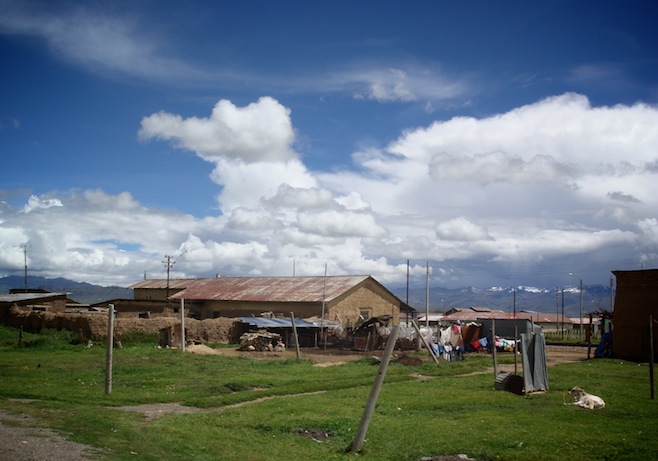
.jpg)
.jpg)
.jpg)
.jpg)
.jpg)
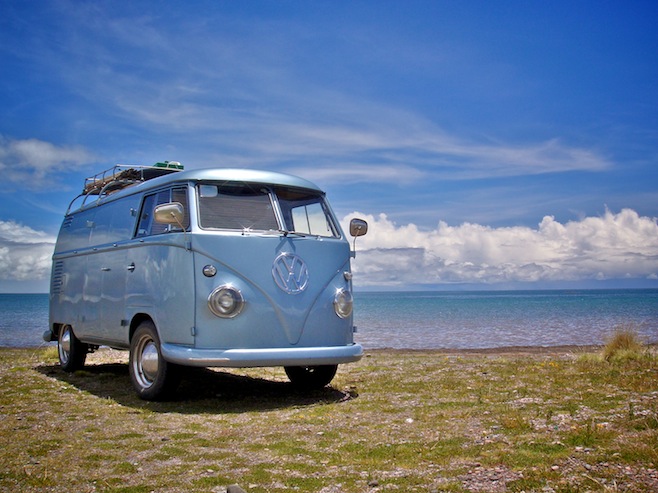
.jpg)
.jpg)
.jpg)
.jpg)
.jpg)
.jpg)
.jpg)
.jpg)
.jpg)
.jpg)
.jpg)
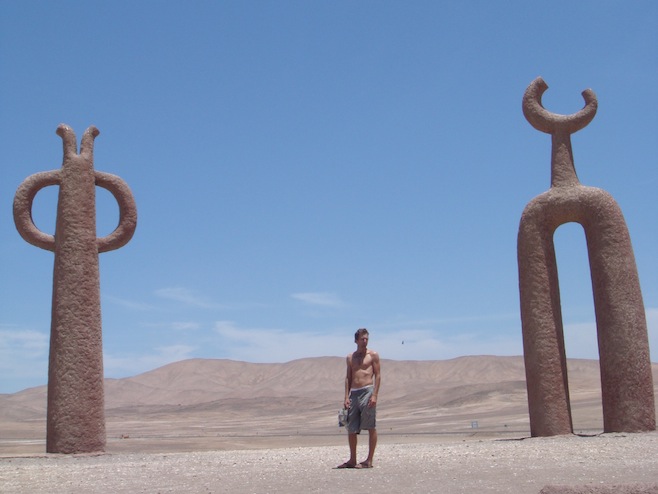
.jpg)
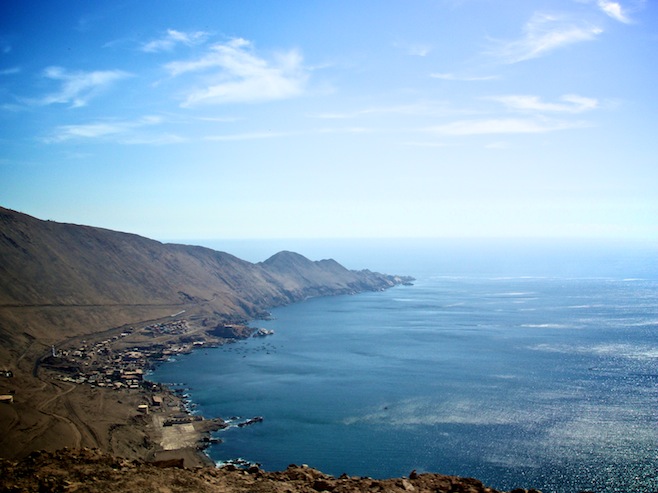
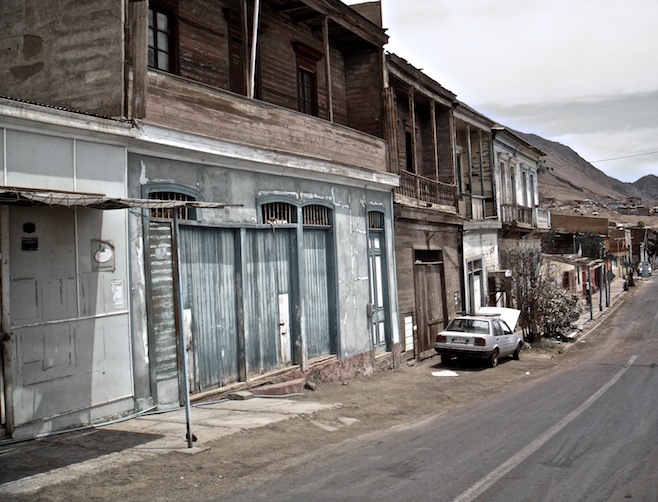
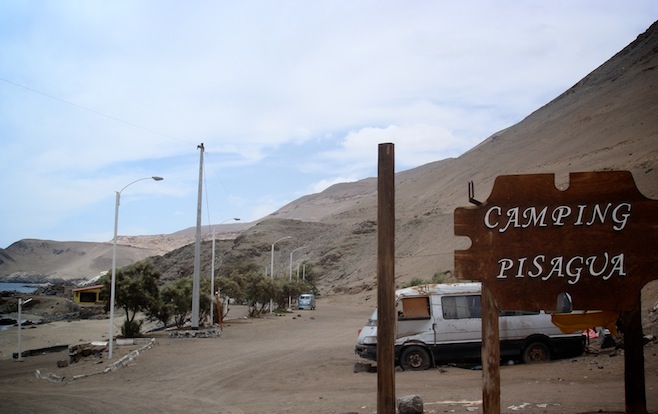
.jpg)
.jpg)
.jpg)
.jpg)
.jpg)
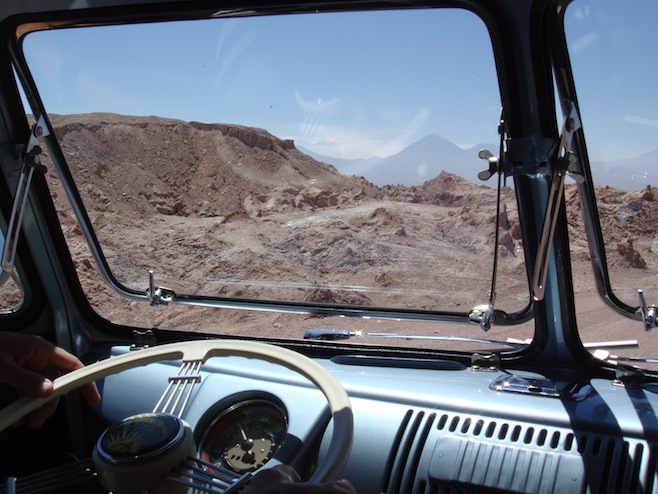
.jpg)
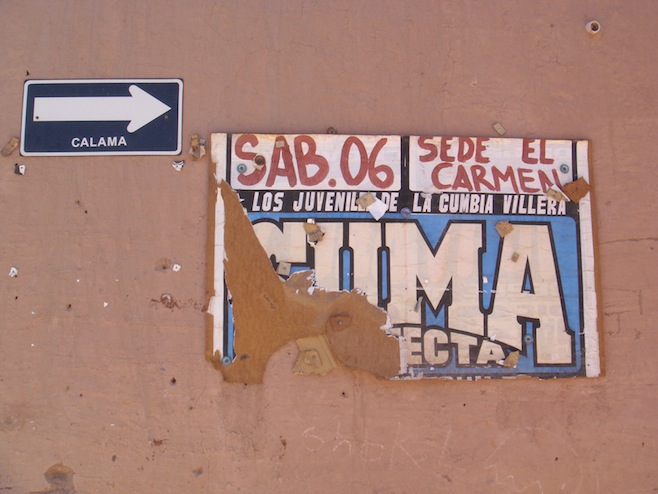
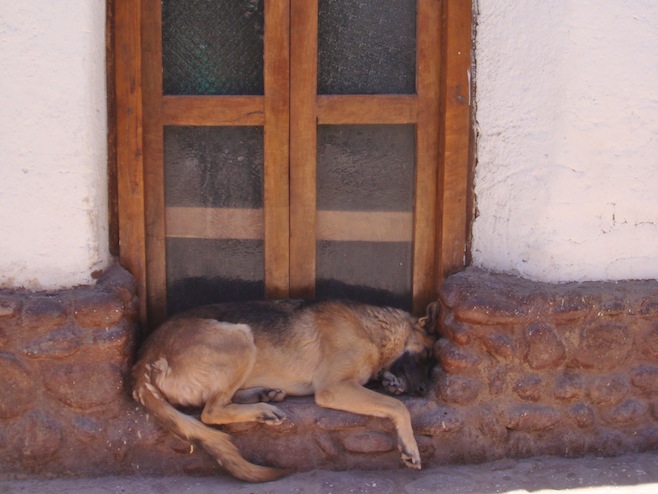
.jpg)
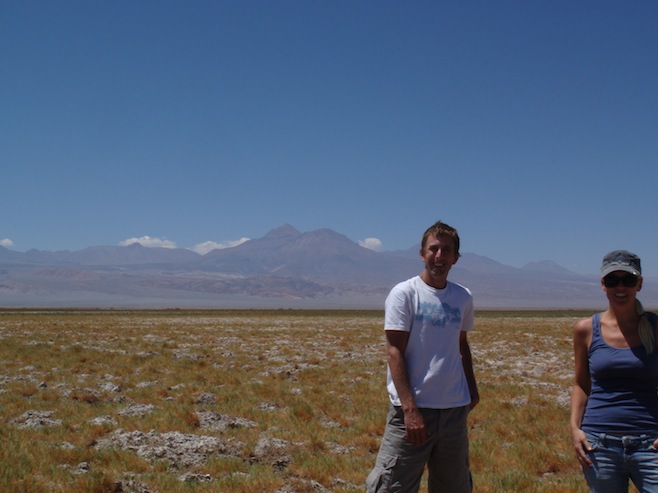
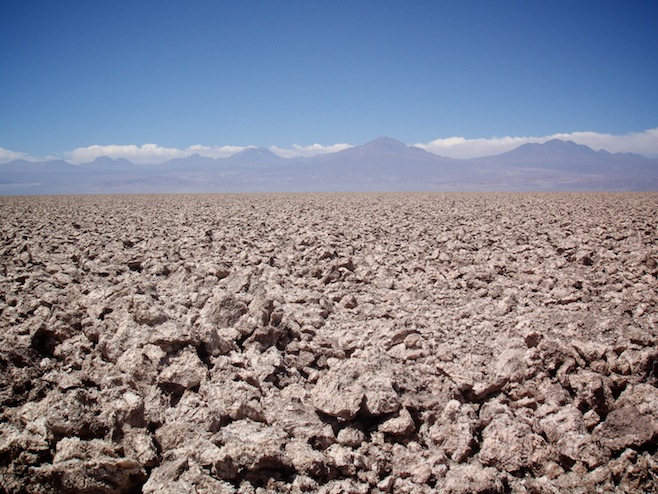
.jpg)
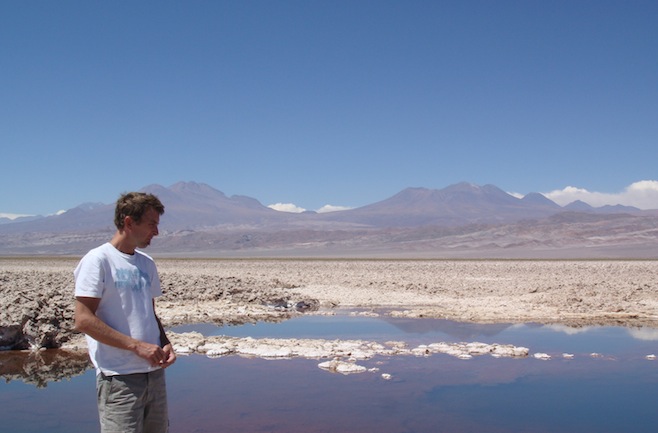
.jpg)
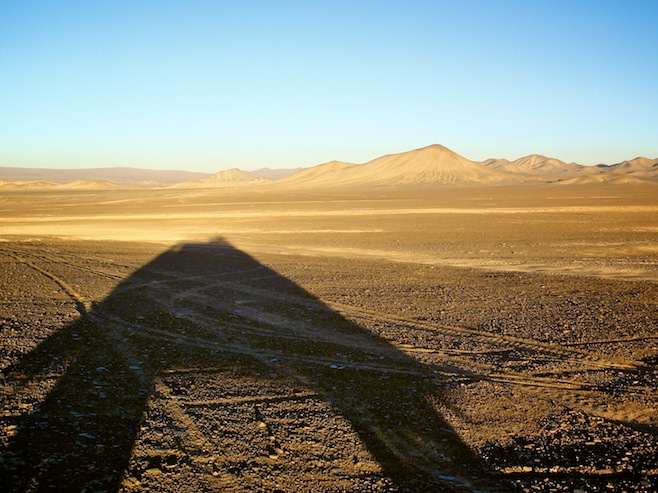
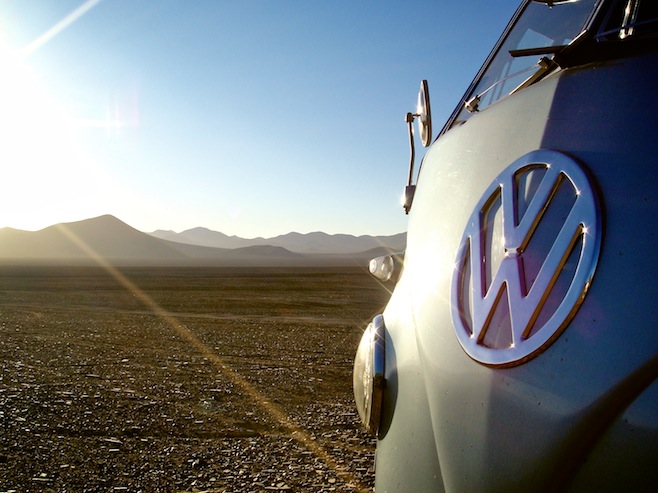
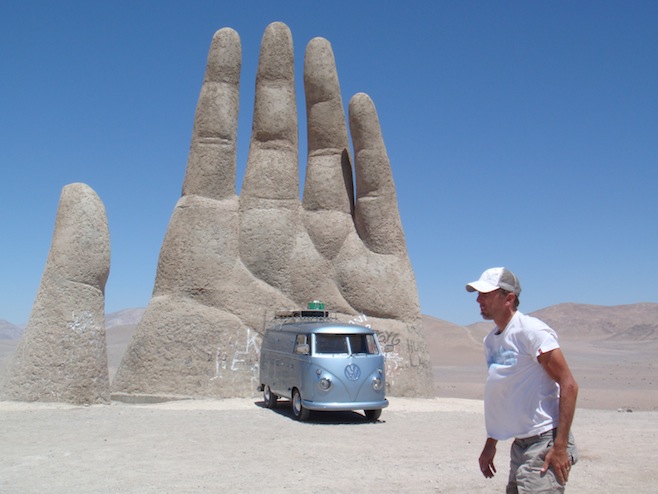
.jpg)
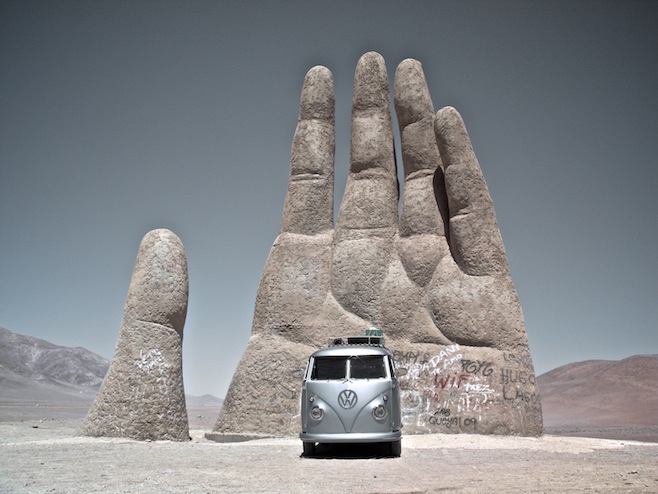
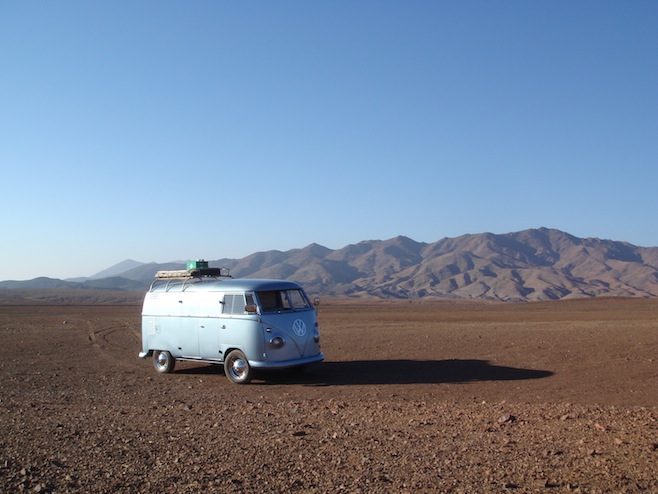
.jpg)
.jpg)
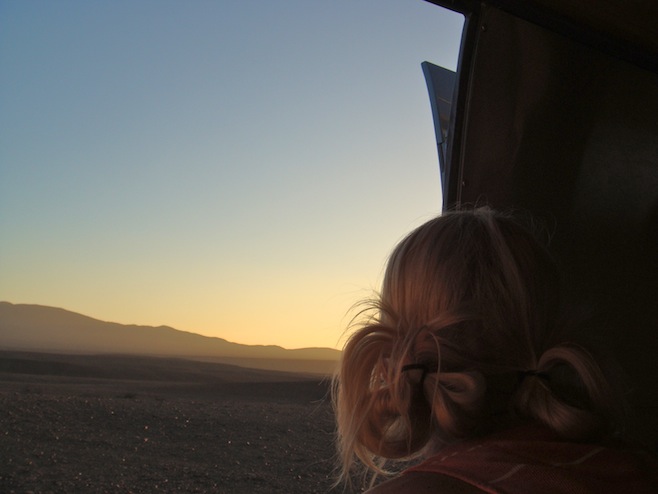
.jpg)
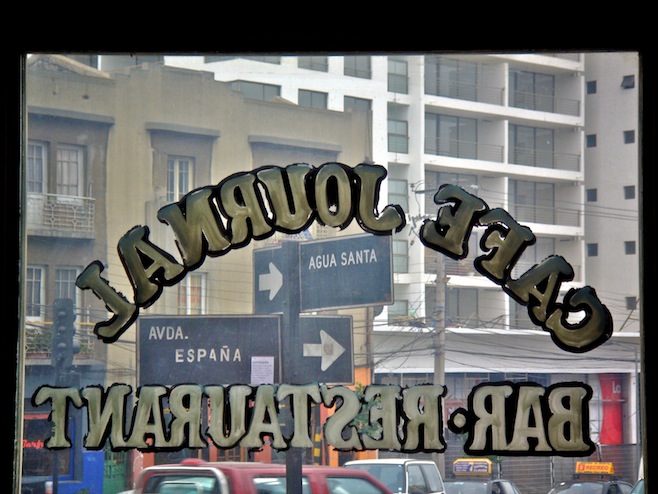
.jpg)
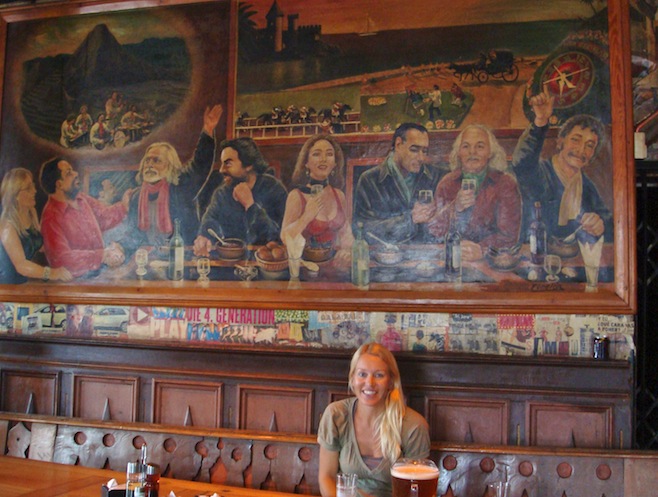
.jpg)
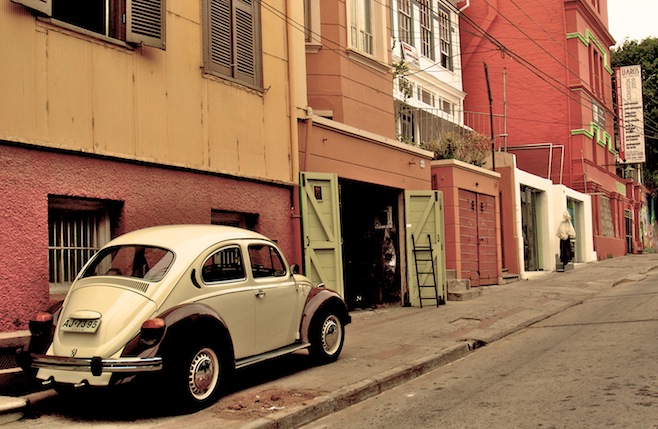
.jpg)
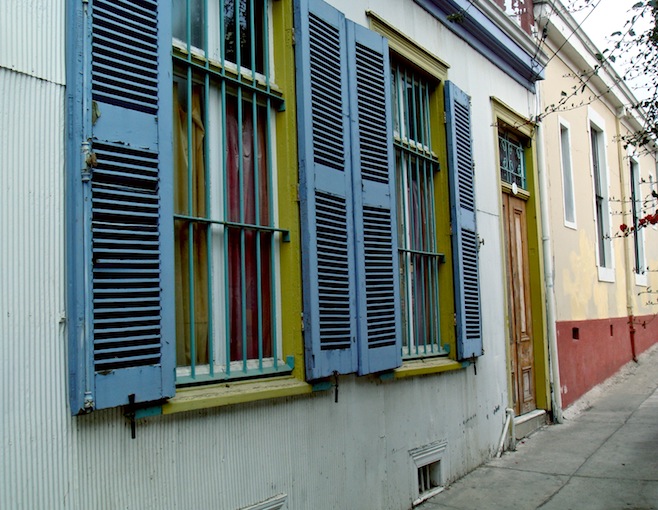
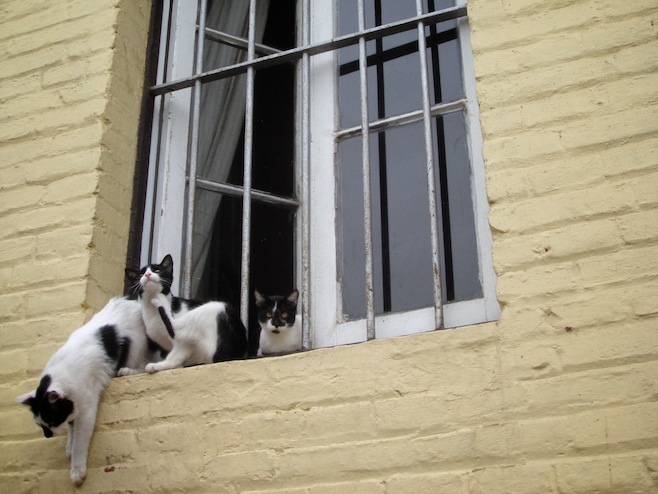
.jpg)
.jpg)
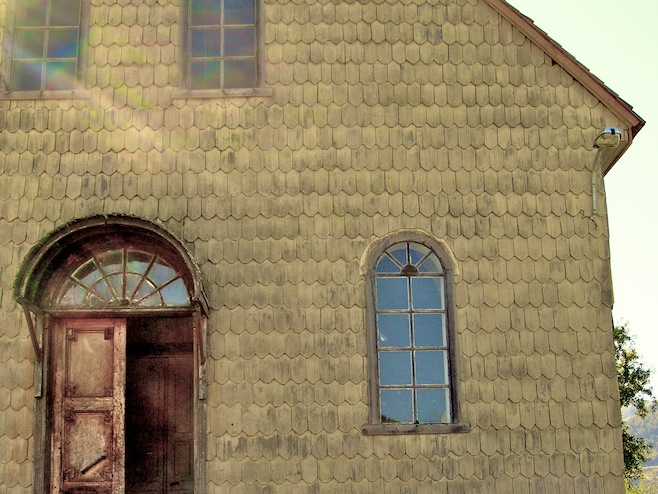
.jpg)
.jpg)
.jpg)
.jpg)
.jpg)
.jpg)
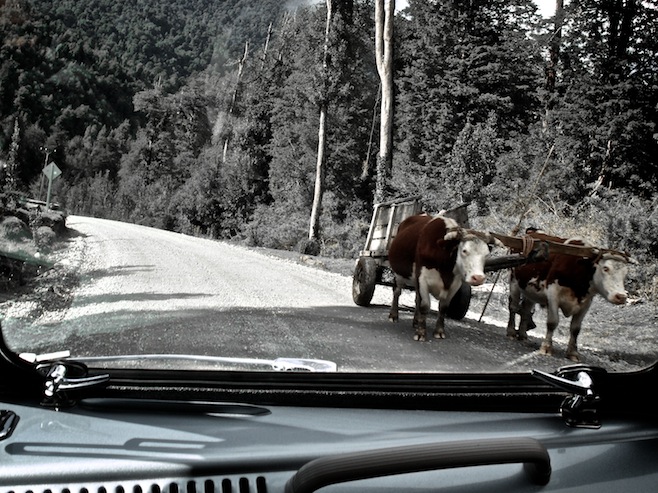
.jpg)
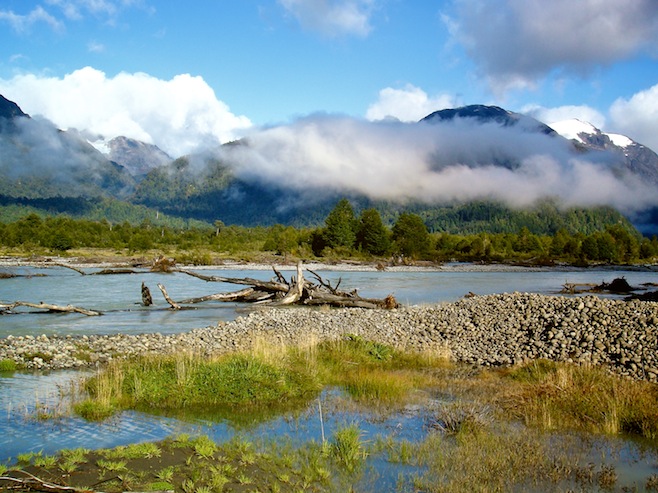
.jpg)
.jpg)
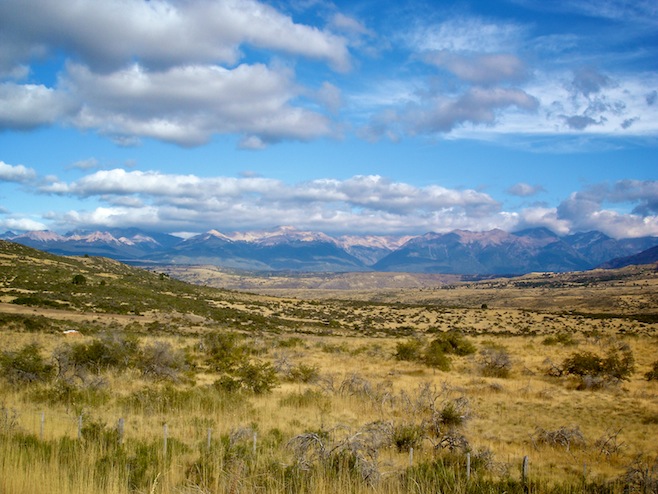
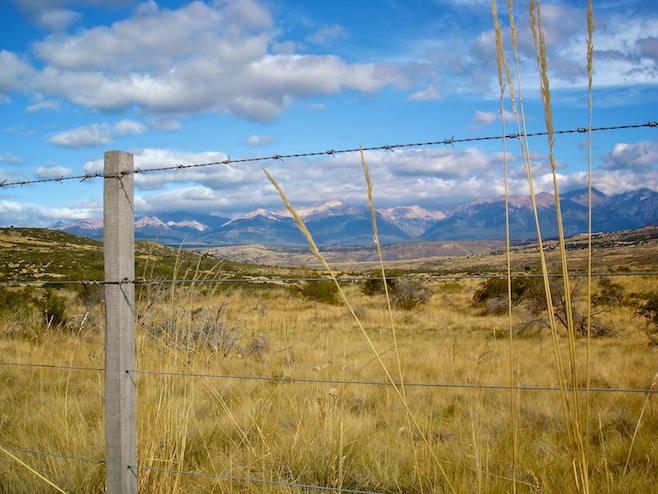
.jpg)
.jpg)
.jpg)
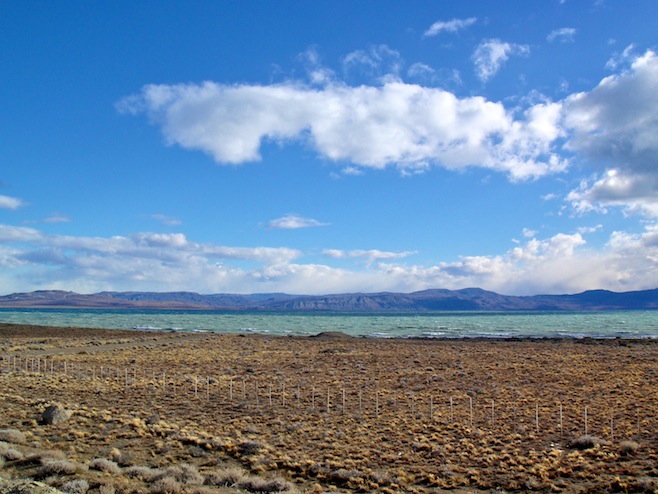
.jpg)
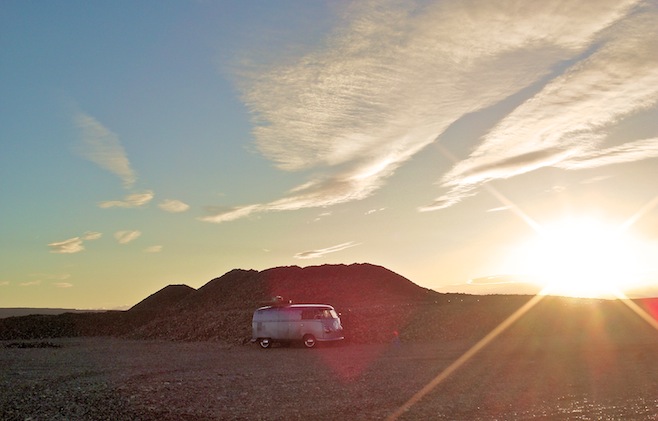
.jpg)
.jpg)
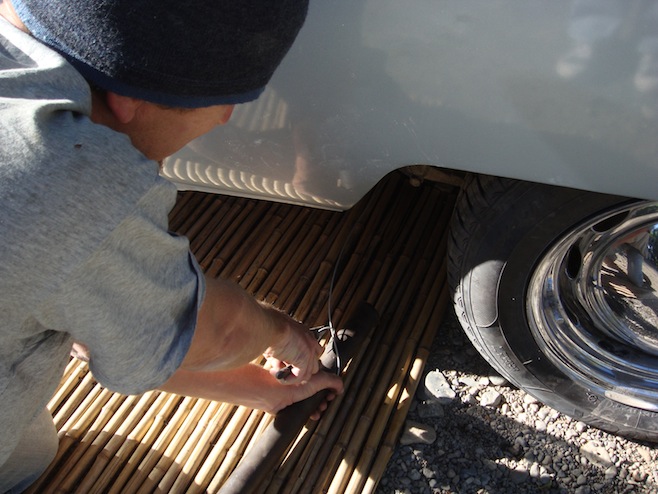
.jpg)
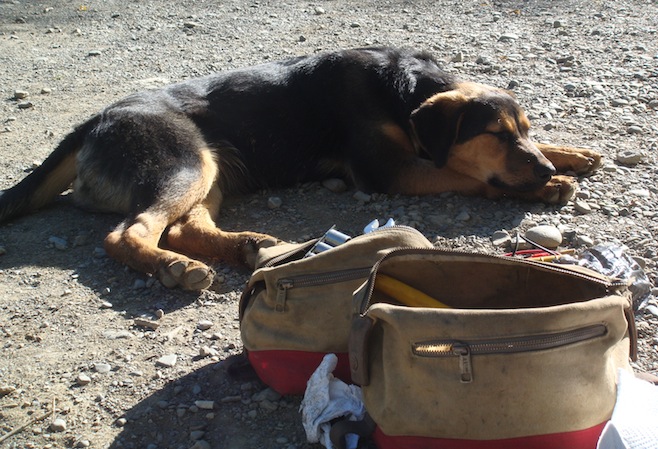
.jpg)
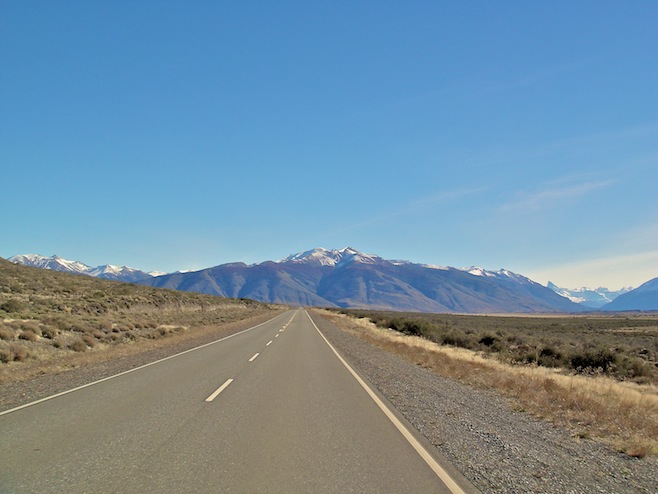
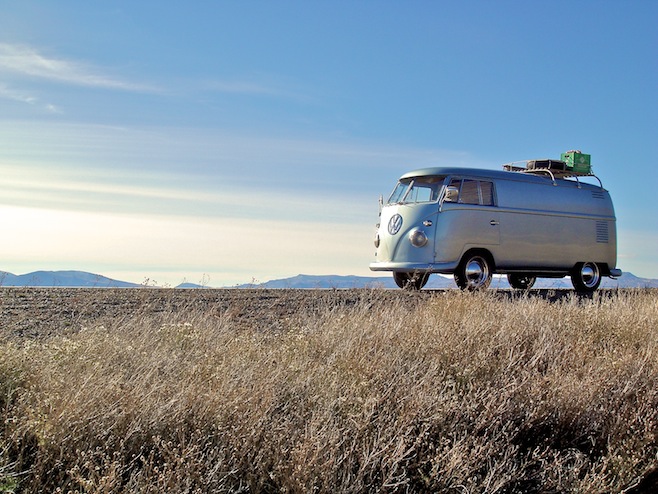
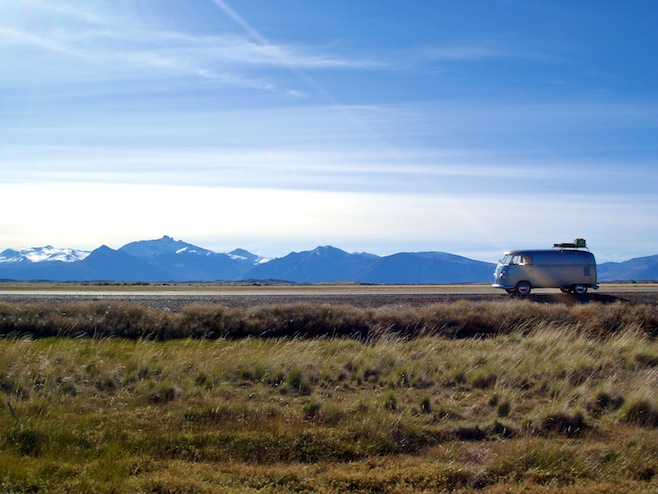
.jpg)
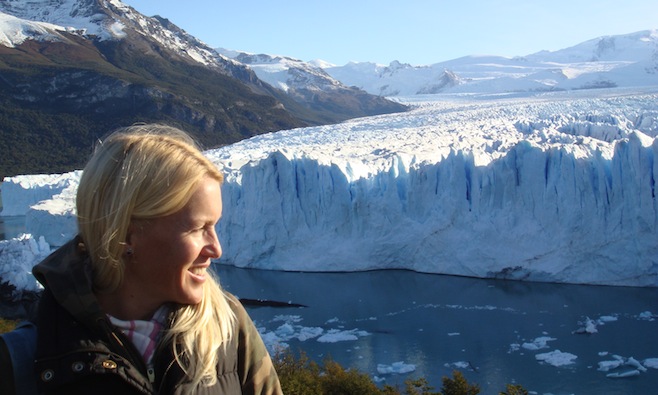
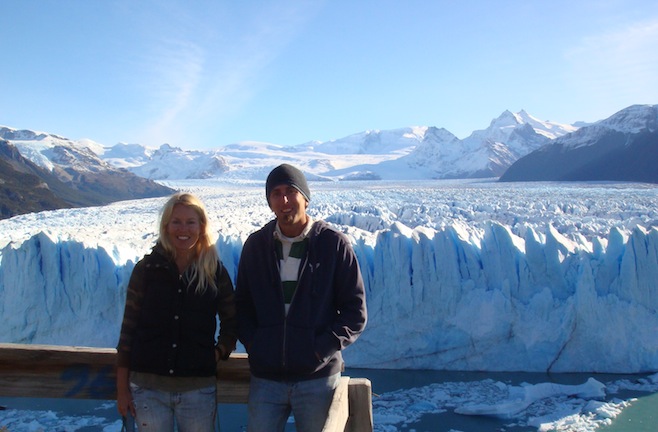
One Comment on “March 2009”
I was wondering if you would ever talk about the stars in the sky. Seems in some of those places you could see the Milky Way as clear as day! Been catching up from the beginning, you guys are awesome and quite the adventurers!